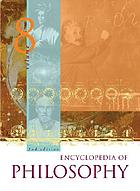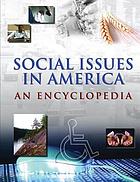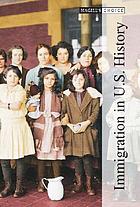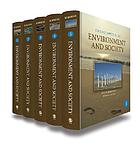
When we're looking at current moral problems in your profession or in the broader society, there will be multiple viewpoints involved in the issue. In order to build a good search, and to be able to present the problem clearly to your audience in your presentation, you will want to be able to fairly summarize the major parts of your problem-- how it developed and what is at stake for people discussing it (why we have conflict about the problem).
When you explore these different viewpoints, you are exploring the conversation around the problem. You will want to look at different views in a non-judgemental way, even if they do not agree with your own opinion or feelings on the problem.
Reasonable Protest Sign. 2015. David Putney Blog. Web. 1 Apr. 2015.
Use reference books and articles:
to get factual background information on an issue or topic. Learn the "who, what, when, where, why's."
to get statistical information (be sure it's current enough)
to quickly scan a topic for keywords
to get leads to other sources (bibliographies)
 Encyclopedia of Philosophy
by
Encyclopedia of Philosophy
by
 The Concise Encyclopedia of Western Philosophy
by
The Concise Encyclopedia of Western Philosophy
by



Use reference articles to understand the general view of what is happening with an issue, who is involved, and why there is debate over it.
You can use important words or ideas (see the highlighted words in the example below) as keywords to build more focused or related searches.

 Social Issues in America: an Encyclopedia
by
Social Issues in America: an Encyclopedia
by
 Illegal Immigration: A Reference Handbook
by
Illegal Immigration: A Reference Handbook
by
 Immigration in U.S. History
by
Immigration in U.S. History
by
 Encyclopedia of Bioethics
by
Encyclopedia of Bioethics
by
 Encyclopedia of Animal Rights and Animal Welfare
by
Encyclopedia of Animal Rights and Animal Welfare
by
 Encyclopedia of Environment and Society
by
Encyclopedia of Environment and Society
by
 Encyclopedia of Environmental Ethics and Philosophy
by
Encyclopedia of Environmental Ethics and Philosophy
by